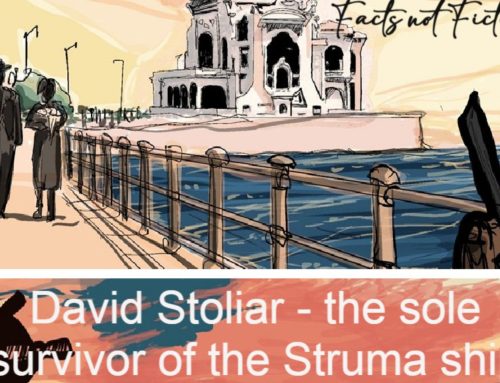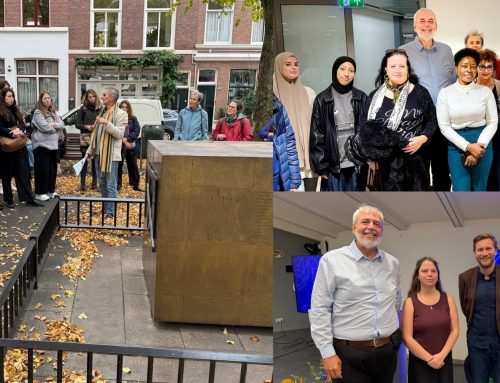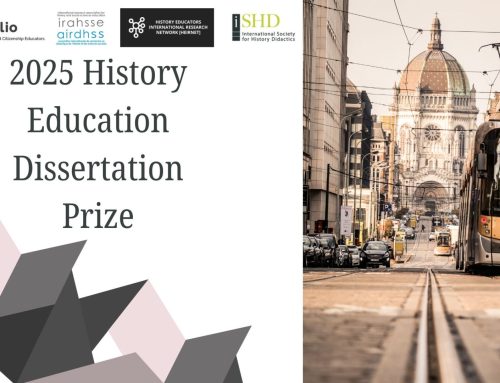In Warsaw, Poland 16 educators from Armenia, Croatia, Czech Republic, Estonia, Georgia, Germany, Greece, Montenegro, the Netherlands, Norway, Portugal Slovenia, Spain, Turkey and the United Kingdom met from 3 until 8 April for the first combined special interest group meeting within the project ‘Strategies for Inclusion’. The project contributes to make the teaching and learning of history and citizenship at schools more inclusive and accessible, and within the special interest groups educators will develop educational materials with this aim. In Warsaw the group, together with EuroClio project managers Aysel Gojayeva and Judith Geerling, and project advisors Steven Stegers and Kate Lapham (Open Society Foundations) met for one week to discuss the concept of high-quality history and citizenship education, and the barriers to this, which will form the basis of the educational materials. They started group work on learning ideas, reviewed existing EuroClio resources using the Universal Design for Learning. One of the highlights of the week was the visit to schools for children with autism and deaf or hard-of-hearing students, and the visit to POLIN museum where they assessed the strong and weak points of the museum when it comes to inclusive education. The group members will develop their first educational materials before the next meeting in November, after which they will go through a piloting and peer-review process. At the end of the project the materials will be offered in an International Training event in spring 2018. For more information keep an eye on the project page.
EuroClio2016-04-12T16:32:36+02:00April 12, 2016|Categories: Project Updates|Tags: Open Society Foundation, Universal Design for Learning|












